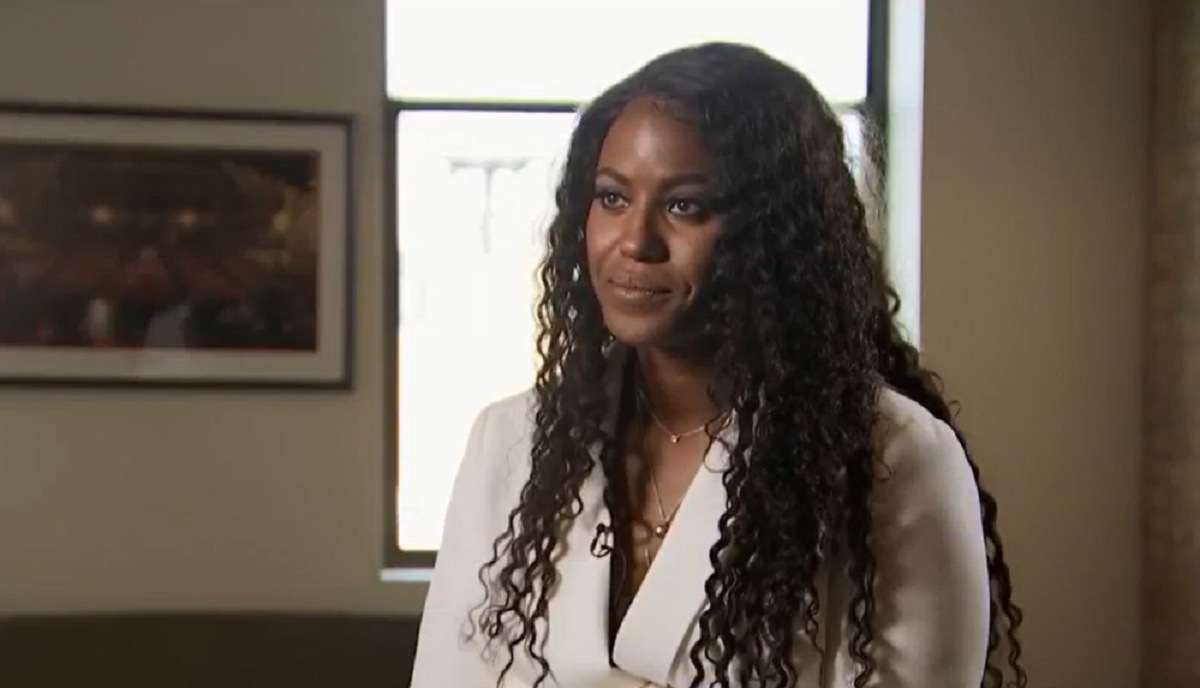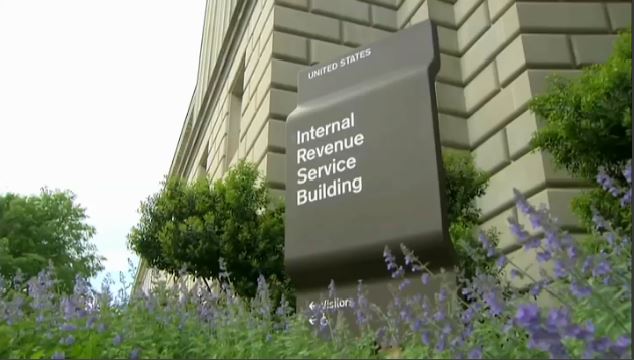
Detroit officials' plan to install 200 more traffic light-mounted cameras at city intersections is facing community resistance amid privacy and racial discrimination concerns.
The 200 additional cameras would build off of an initial 121-camera pilot program and bring the technology to more than 300 of Detroit's 787 traffic lights by October 2021, Dayo Akinyemi, of the city’s Department of Public Works, said Monday during a presentation on the expansion plans.
But Detroit resident Christopher Williams Shah said during that public meeting that the community wants assurances police won't misuse the 200 extra cameras, resulting in Black men landing in jail.
“I’m going to say it straight out. What I see occurring is this being used to target Black males in Detroit,” he said Monday. “Police are visual predators in Detroit.”
The debate centering Detroit’s traffic camera expansion — which would cost $2.5 million — comes as tensions persist over privacy and policing in the city, The Detroit News reported.
The planned camera expansion follows the City Council’s fall approval of contentious overhauls for facial recognition software used by Detroit police to fight crime in one of the nation’s most violent cities. That nearly $200,000 contract with South Carolina-based DataWorks Plus to cover outlays tied to upgrades and maintenance was approved by a 6-3 vote following protests and calls to prohibit the technology, which opponents contended is racist.
Akinyemi said during his presentation on the expansion that the cameras cannot identify people or license plates and aren’t like the city’s Project Green Light surveillance cameras — another technology that has been contentious.
Local
“It’s not predominantly a police camera,” he said. “It has a very low resolution that you cannot identify people.”
But Detroit police can use the cameras to collect information in crime-fighting pursuits, including identifying similar looking vehicles linked to an accident. Last year, Mayor Mike Duggan said he wanted police to be able utilize video from the traffic light-mounted cameras to investigate crimes.
The city has had 280 criminal homicides this year and 10,596 aggravated assaults, said Detroit police analyst Andrew Rutebuka.
Officials say the camera technology can be used for real-time alerts of power outages from weather or crashes, remote adjustments of traffic signal timing during events, closures and crashes, and to enhance safety for pedestrians and vehicles.
But Jeffrey Nolish, who lives in southwest Detroit, said he's skeptical and questions whether the technology might eventually be used differently.
“We might not be talking about facial recognition today, but that doesn’t mean we won’t broach that subject tomorrow, next week or next year,” he said. Nolish added that “you cannot go down these routes without having firm frameworks of anti-racism, and we need that and we need it now.”
Detroit’s city council must approve any future changes to the traffic camera policy.
City policy limits the police department’s access to traffic cameras. Police cannot use the footage to determine immigration status, use audio from the recordings or focus the cameras on flyers, handbills or other materials distributed or carried to protect First Amendment rights.



